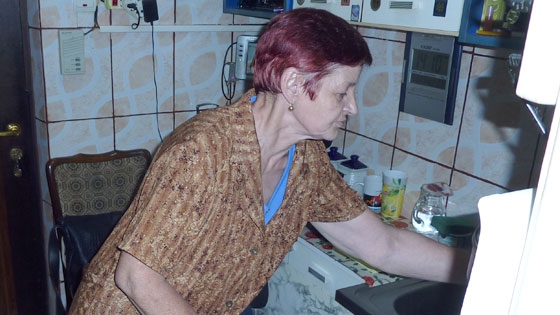The social assistance system reform currently underway is ambitious, but its goal is lofty: to make the system fairer and to reduce transaction costs for applicants and bureaucracies.
Two years ago, Romania's Ministry of Labor, Family and Social Protection managed 57 social assistance programs, each with its own rules, forms and eligibility criteria. Often, people had to make several applications and it wasn't always clear which programs they might be eligible for.
Ad hoc increases and new programs during the boom years of the last decade created a complicated and expensive system. Many programs gave to rich and poor alike as long as they met certain criteria. Others targeted the poorest 50% or even 60% of the population. Yet, a last resort program for the poor had dwindled in relative size and was not effective at helping those who most needed it.
The economic crisis made it clear that protection for the poor and vulnerable needed to be expanded while unnecessary and ineffectual programs needed to be reined in.
The Ministry of Labor, Family and Social Protection is making these adjustments with support from the World Bank. First, small, ineffective programs that were given equally to rich and poor were stopped.
As reforms continued and deepened, two large family programs were consolidated. There are plans to consolidate all means-tested programs into one single program for low-income households in 2014. Others were reviewed to change payment levels and eligibility thresholds.
Work began to create a unified application form and allow people to apply for several benefits in one office instead of traveling to different ones.
A number of loopholes still allow some people to receive benefits for which they are not eligible. And there are too few social workers and social assistance inspectors who can verify whether assistance is reaching those who need it most, or whether there are abuses in the system.
With guidance from counterparts from the United Kingdom, the government has switched the focus of its Social Inspectorate from inspections of social services standards to cash transfer programs. Initial inspections revealed that mistakes and fraud are rife in several programs.
Information from house calls like the one made to Nanasi will be used to focus future social inspections on high-risk programs and geographical regions. For the inspections to carry weight, it will be critical to grant inspectors the power to investigate and give sanctions to those beneficiaries or officials found to be defrauding the system. Currently, provisions are limited and vary by program: these too need to be harmonized.
The scope and ambition of the Romanian reform of its social assistance system is impressive and is considered by others in the region as a standard-setter.


